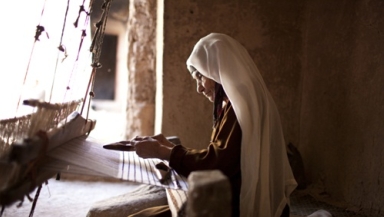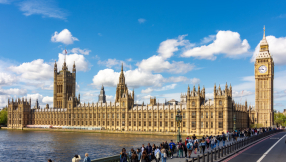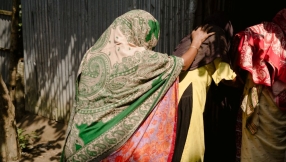
The former Archbishop of Canterbury Dr Rowan Williams has said the set of goals to succeed the Millennium Development Goals must take into consideration the first hand experiences of the poor.
The Millennium Development Goals were agreed by world leaders in 2000 and are due to expire in 2015. Over the next two years, governments will be considering what should replace them.
Lord Williams said in a Christian Aid report out this week that decisions on a new global plan for ending poverty and protecting the environment must be informed by the voices of poor people.
Although he acknowledged that progress had been made towards achieving the MDGs, he said problems remain particularly in gender equality and climate change, with gender-based violence and abuse still at "shocking and unacceptable" levels.
Lord Williams, who is chair of Christian Aid, urged governments to step up their commitment to eradicating global poverty.
"We are looking at the kind of world we can envisage in 10 or 20 years' time," he said.
"Do we actively want widening gaps between rich and poor, with all the instability that entails, all the global insecurity, displacement, violence and misery it means – ultimately, for everyone on the planet?
"In all this, it is essential that we hear not just the voices of experts but also the words of those on the front line…those facing challenge and crisis."
The new report, The World We Want To See: Perspectives On Post-2015, carries commentaries by 17 Christian Aid partner organisations from Africa, Asia, the Middle East and Latin America, about the future world they want.
They highlight climate change, women's rights and giving a greater say to powerless people as areas that still need to be addressed.
Alvin Mosioma, Director of Tax Justice Network Africa, calls for the post-2015 goals to include action against tax dodging.
"The question of how governments the world over fund schools, hospitals, roads and other vital services is not rocket science," he says.
"Tax is the only stable, reliable and sustainable source of income that can enable governments to fulfil their obligations to citizens in guaranteeing access to basic essential services."
He added: "Addressing all the challenges and malpractices that deny developing countries their duly owed tax revenue should lie at the heart of any new global development framework."
In another contribution, Iara Pietricovsky, co-director of INESC in Brazil, said the new goals need to be "built on an ethic of human rights, social justice and sustainability".
"They must be relevant to the financial, economic, political and food crises we face, and must translate into national contexts to generate the public policies and budgets that we need," said Pietricovsky.
"We believe that governments are stepping back from human rights, women's rights in particular, and have instead become hostages of corporations and financial capital…A post-2015 agenda must face these issues urgently."
Report editor and Christian Aid's Senior Adviser on Poverty and Inequality, Helen Dennis,said ending poverty depended on political will.
"Defining new global development goals should not be a responsibility that world leaders take lightly," she said.
"This process could make an enormous difference to the lives of people living in poverty, but only if decision-makers listen to those in the global South and don't shy away from tackling the difficult issues like inequality.
'We have the resources to end poverty and address climate change – the question is whether there is the global political will."













